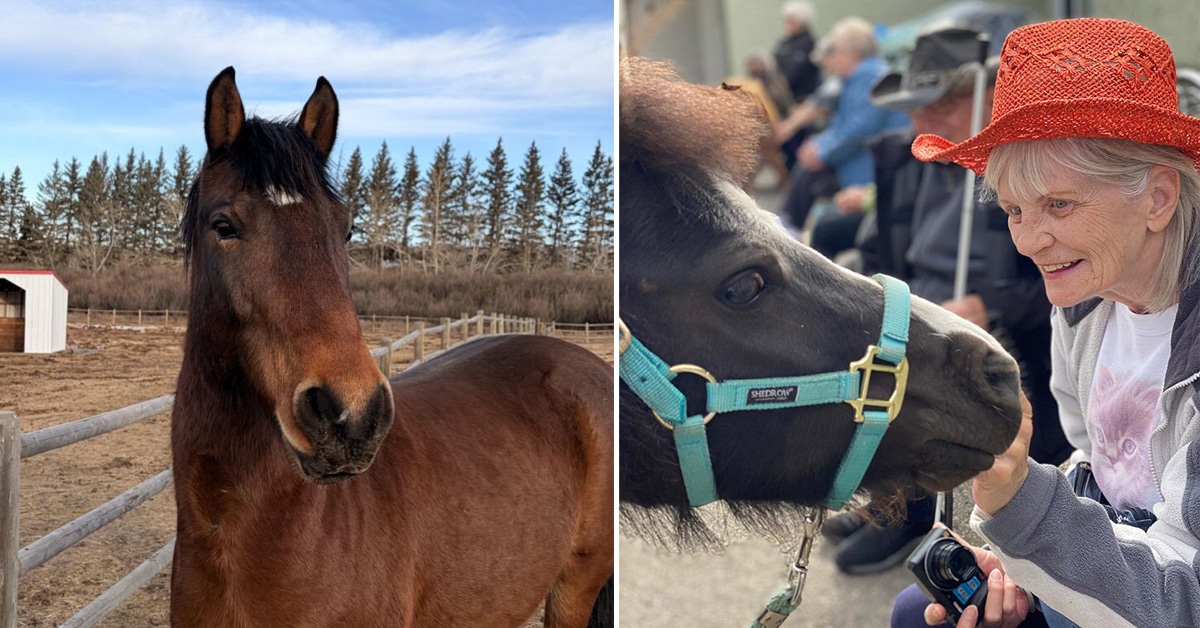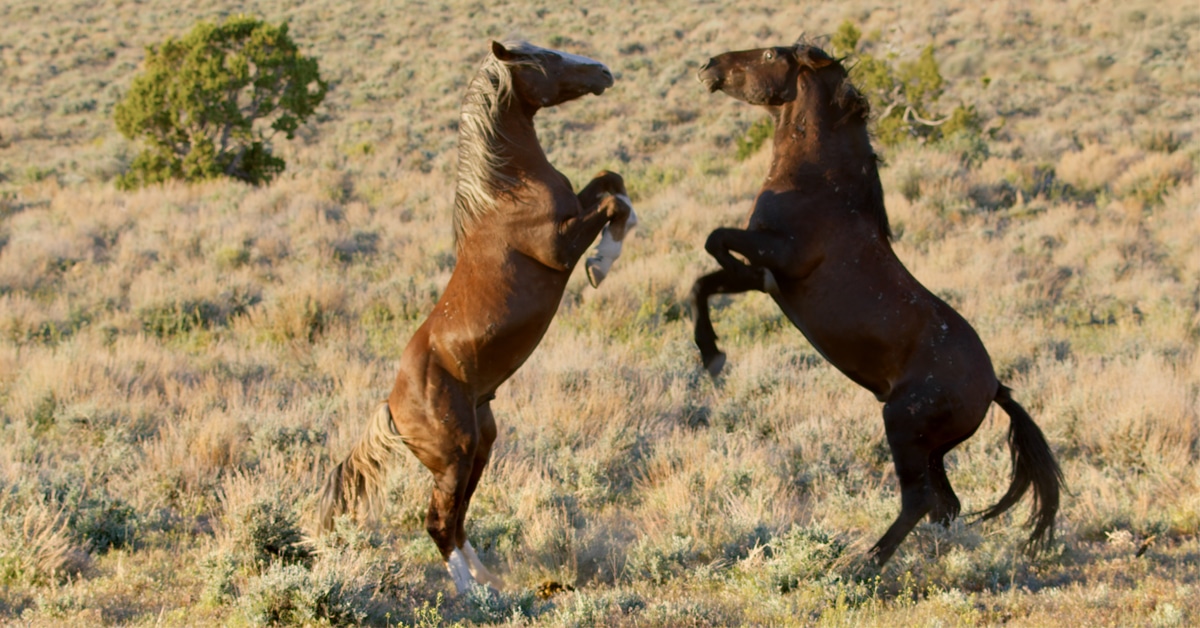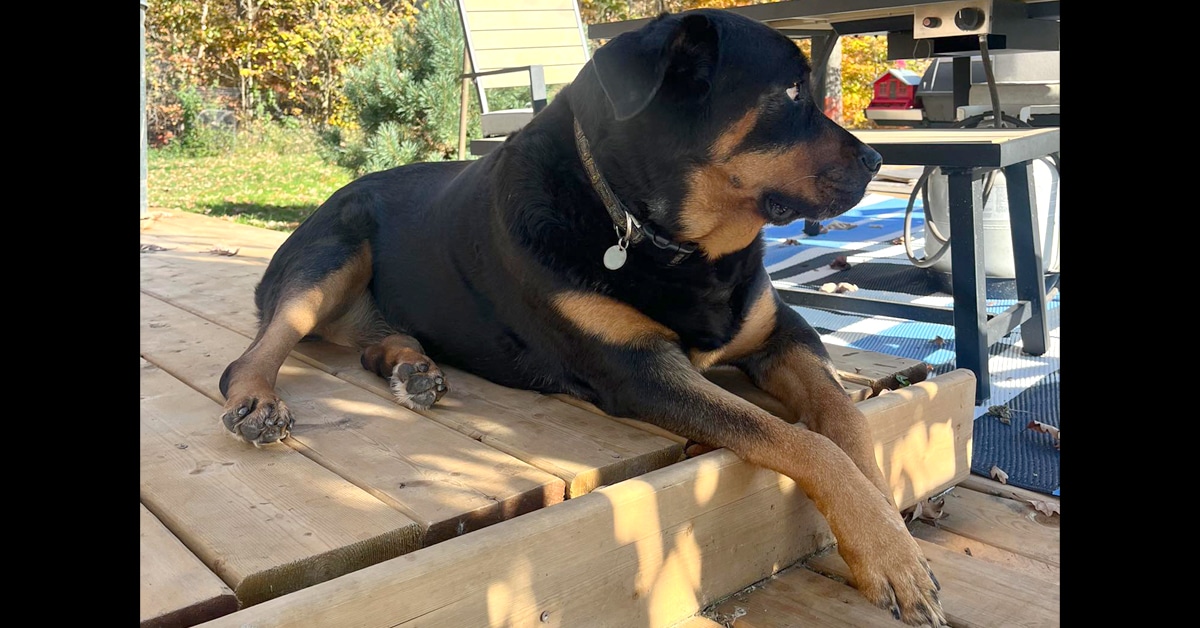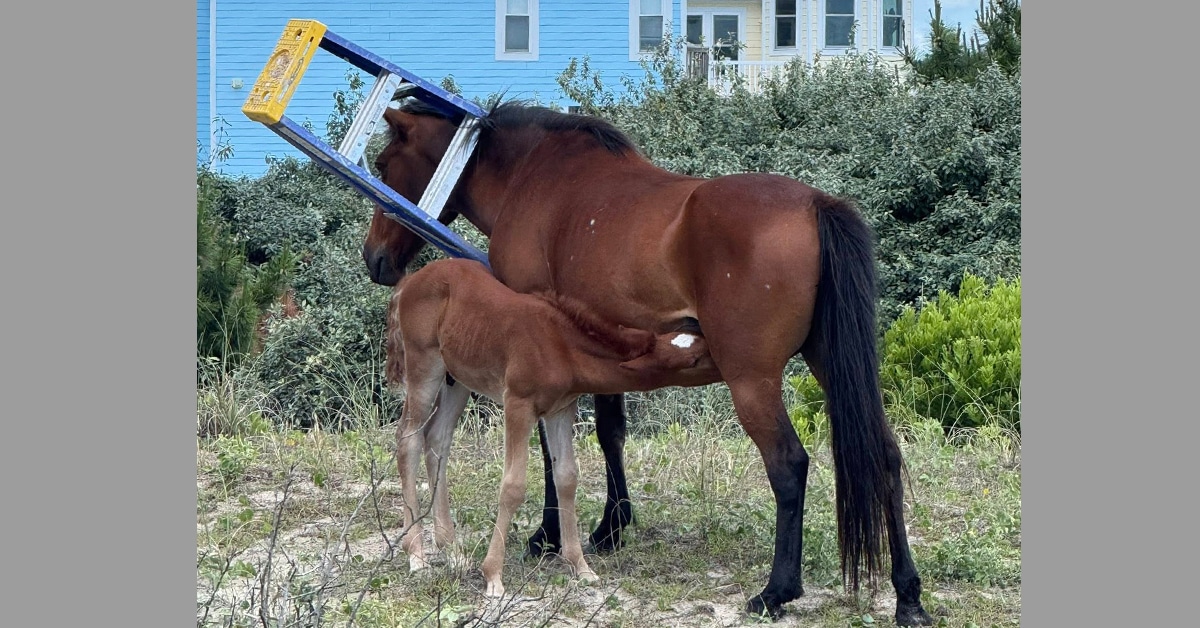On Jan. 8, the National Wild Horse and Burro Advisory Board released new recommendations urging the Bureau of Land Management (BLM) and the U.S. Forest Service (USFS) to expand fertility control programs across all federal wild horse herds. Three of the four recommended actions focus on prioritizing safe, effective fertility control in every Herd Management Area (HMA) and call on the BLM to hire a contractor to develop a comprehensive 2025-onward management framework.
American Wild Horse Conservation applauds the board for taking a strong stand in favor of humane and sustainable population management, viewing it as an important step toward ensuring a sustainable future for our nation’s iconic wild herds.
During the meeting, the board was critical of the BLM’s lack of progress toward sustainable management and failure to invest in fertility control. The board noted that the agency’s plan to deliver just 1200 fertility control treatments this year was inadequate and questioned their $5 million price tag, or over $4,000 per treatment.
“We commend the Advisory Board for taking a bold stand in favor of sustainable wild horse management,” said Suzanne Roy, Executive Director of AWHC. “Board members listened to the public’s input and proposed clear, actionable steps. Moving ahead with a 2025-onward framework for fertility control management is an approach that benefits our Western rangelands, the wild herds, and taxpayers alike.”
During the public comment period, AWHC’s team presented these successes, noting that over the past five years, AWHC has delivered over 10,000 fertility control treatments—more than twice what the BLM accomplished in the same period.
In Fiscal Year 2024, the BLM administered 1,038 treatments to wild mares, with a cost of $5 million in taxpayer funds. During the same time frame, the agency rounded up and removed 17,200 wild horses and burros, sending them into a holding corral system with 66,000 animals already confined.
In contrast, in calendar year 2024, AWHC’s flagship fertility control program in Nevada’s Virginia Range treated 1,202 individual mares with fertility control for $355,000, at no cost to the taxpayers.
This program is the largest of its kind in the world and was the basis of a peer-reviewed paper affirming the viability of fertility control programs on large populations on expansive habitats.
American Wild Horse Conservation remains committed to working with federal agencies, local communities, and other stakeholders to develop humane and effective management solutions.
More News









